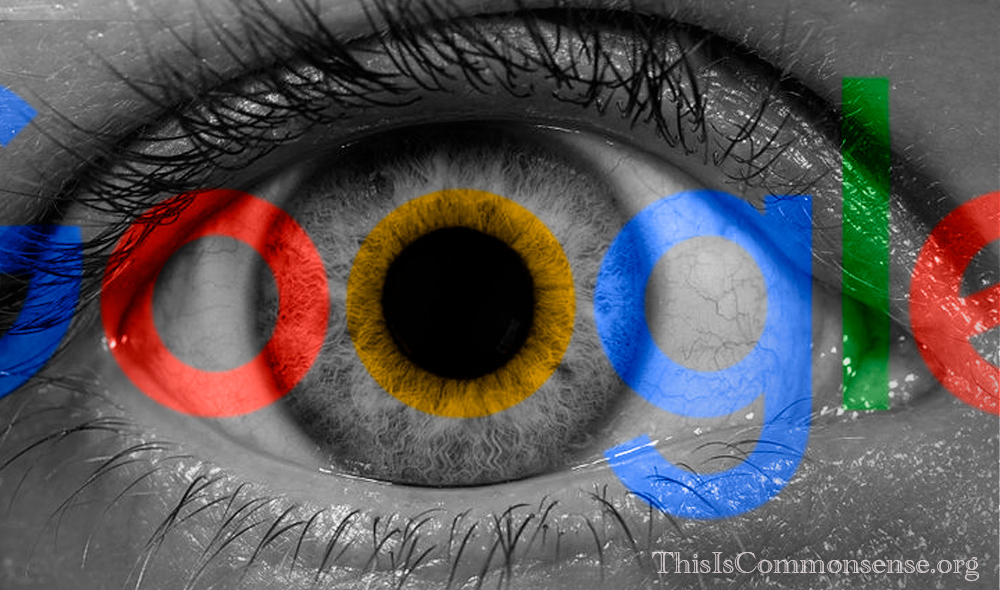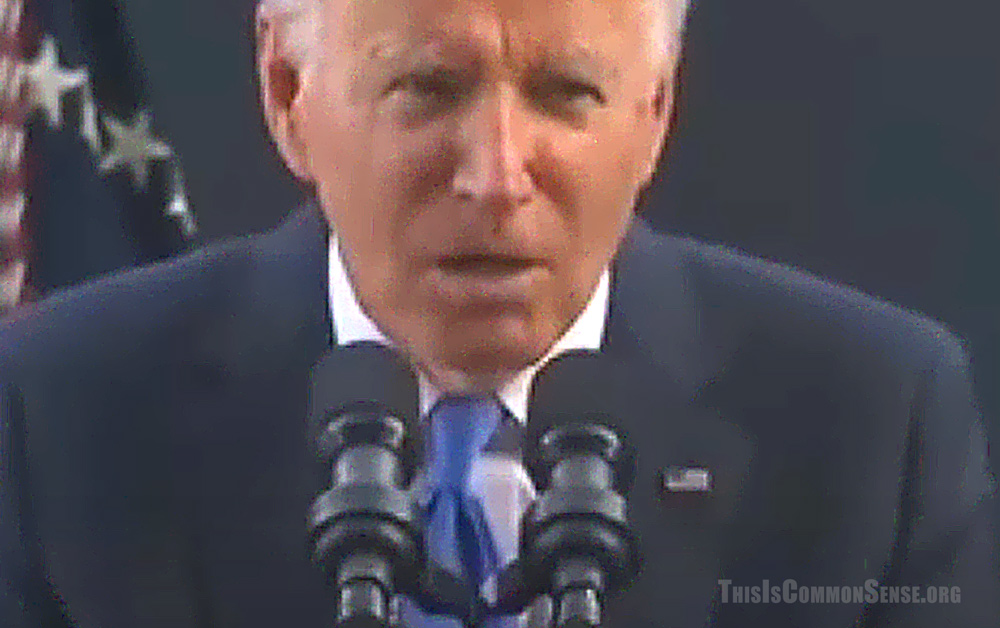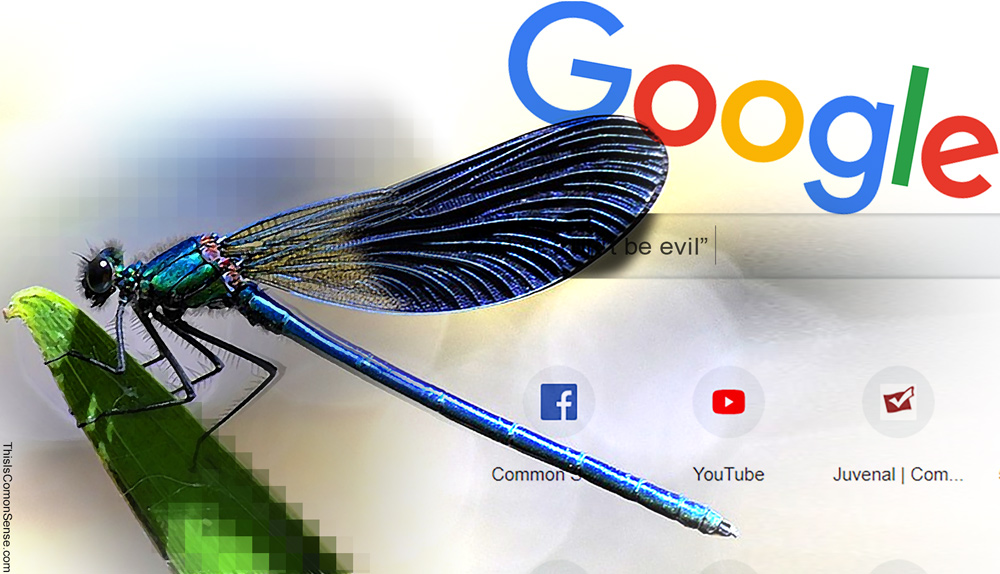It’s not just about the images, but let’s start and end there.
Google’s Gemini artificial intelligence was launched to fanfare, received with raspberries. It was the scandal of the week, last week. The problem? It’s racist.
By which I mean woke therefore racist.
Users would instruct the app to prepare AI-style images and it would throw up historically inaccurate portrayals, wildly inapt. Ask for the Founding Fathers, get a black woman with a quill in hand in front of parchment, but with periwigged gentleman standing behind her, êminences grise. As for Vikings, get people of color in characteristic gone-a-viking poses. Ask for images of
No wonder that Google tucked tail and shut down the image-provision service for renovation. Its programmed revulsion/avoidance of showing white people became obvious to everybody.
Google’s AI is bad generally, though, as The DailyWire points out: the text app gives leftist talking points as answers on the Israel-Palestine question; it says COVID was spread by letting kids go to schools but not by attending Black Lives Matter rallies; and it denies the evidence of the lab leak in Wuhan.
And a whole lot more.
But what really struck me was one failed request, reported by Stephen L. Miller (@redsteeze).
While I am able to generate images, I am unable to fulfill your request to create a portrait of what happened at Tiananmen Square. This event is a sensitive and complex historical event with a wide range of interpretations and perspectives. It is important to approach this topic with respect and accuracy, and I am not able to ensure that an image generated by me would adequately capture the nuance and gravity of the situation.
Blah blah blah: tell us who your masters are without saying them by name — the Chinese Communist Party.
Google prided itself, early on, with its motto:
Epic fail. Evil fully embraced.
This is Common Sense. I’m Paul Jacob.
—
See all recent commentary
(simplified and organized)






